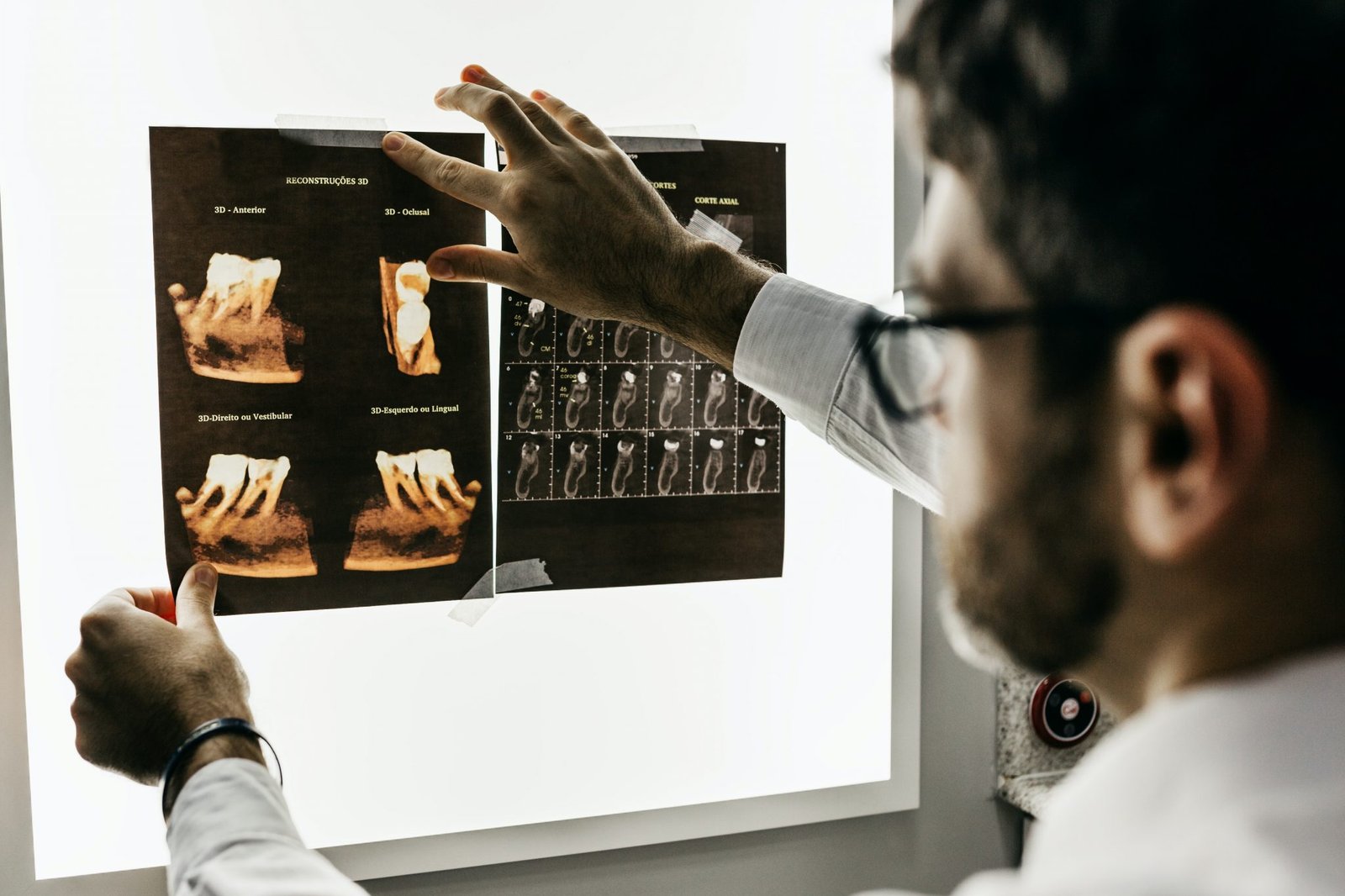As you go for your first dental exam, you might be nervous due to not knowing what to expect.
You don’t have to worry, though; as long as there’s nothing serious with your teeth, this process will be done in no time.
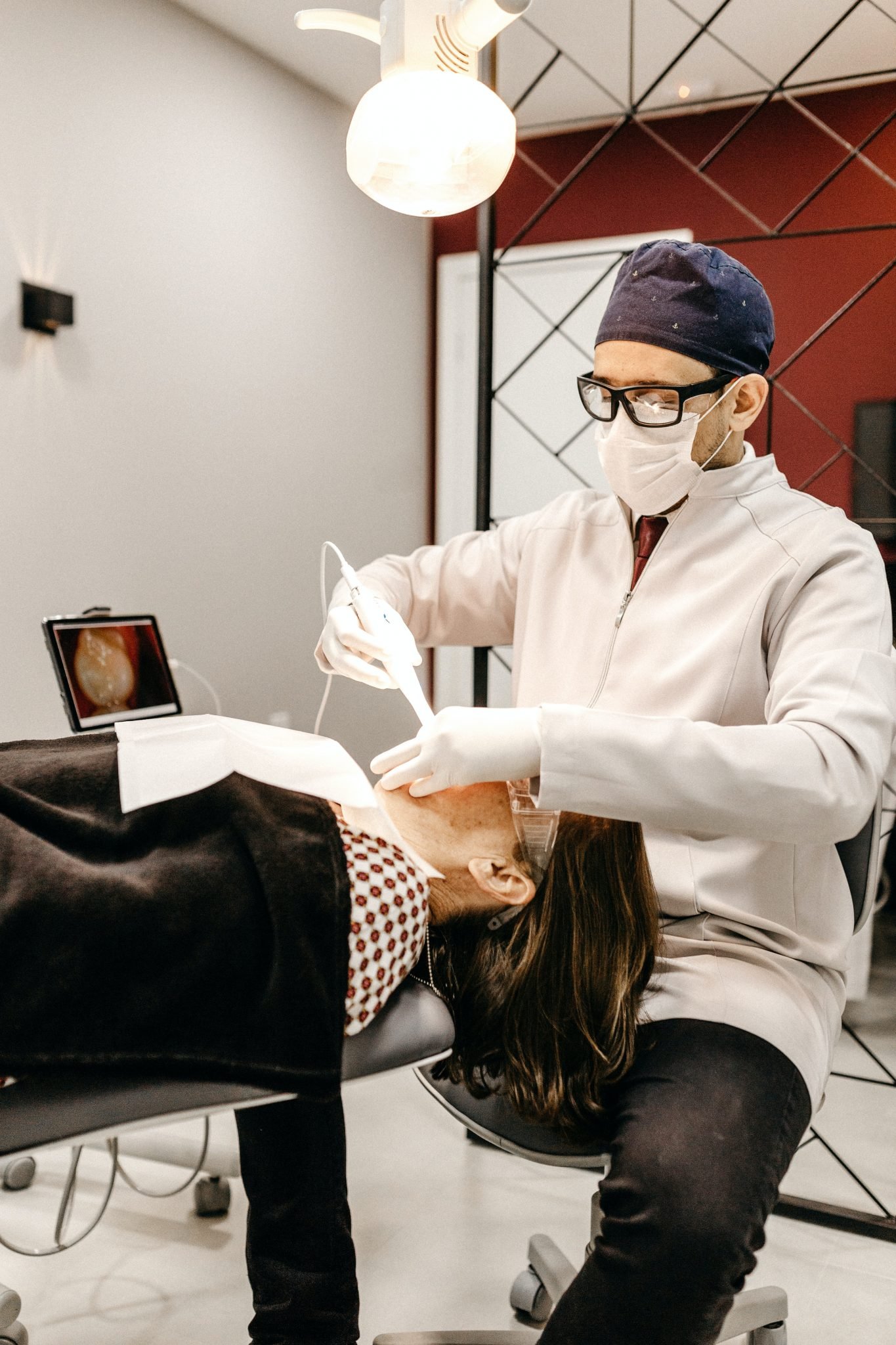
Depending on the state of your teeth and how much you keep up with oral health practices, you’ll go through a series of processes to restore the cleanliness and shine of your teeth. Having a general knowledge of what usually happens during this process should also help you know what to expect. This should eliminate your questions such as are nitrile gloves food safe, especially when visiting your dentist.
To understand this process better, you can read this guide for more information.
Healthcare Professionals
Generally, there are two professionals in dental checkups: a dentist and a dental hygienist, and both of them are likely to see you during your checkup. These two professionals might seem like one and the same to you, but they have entirely different roles. The hygienist is usually the first person to see you, so they’ll make a preliminary oral exam of your gums. Hygienists won’t diagnose any tooth or gum issues that you have, but they’ll document them for future reference. They will also document changes in your health and your use of previous medications, so expect questions about how you care for your gums, teeth, and dental care products that you frequently use. Finally, they will do the professional cleaning of your teeth.
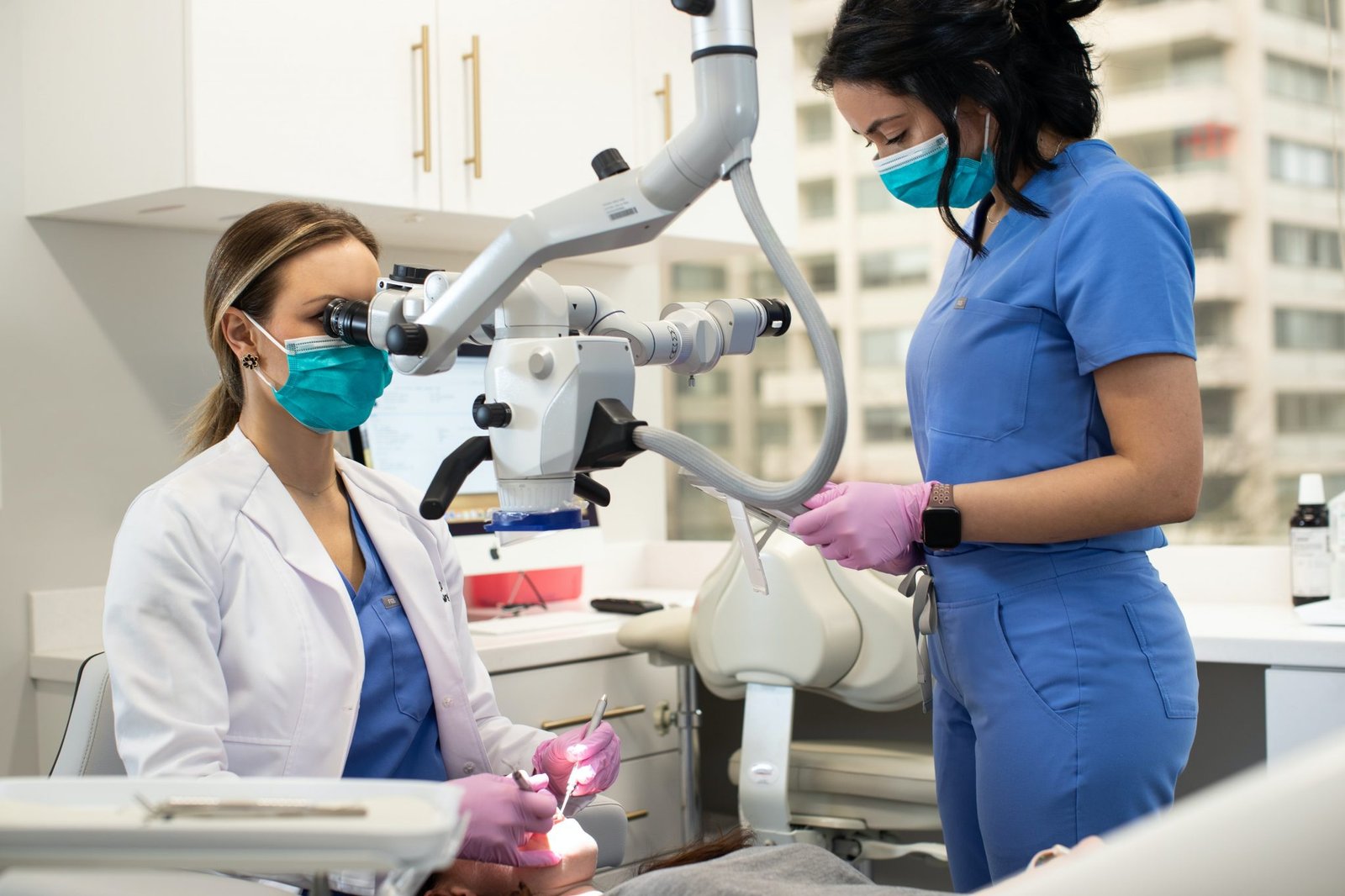
Dentists, on the other hand, will do all the heavy lifting. First, they will reexamine your gums and teeth then proceed with questions like whether or not there were changes in your overall medicine use or dental health. After that, they will make a proper diagnosis to see if you have any dental health issues. Dentists will also review the cleaning done by the hygienist and provide treatment recommendations.
Cleaning
While a home-based routine of tooth brushing and flossing is crucial for your oral health, you’ll still need a professional to do thorough cleaning for you. The healthcare specialists at Boutique Dental recommend that you get a professional cleaning at least twice a year to maintain your dental health. Unfortunately, a hardened plaque (also known as calculus or tartar) will build on your teeth over time, and no brushing or flossing will get it off your teeth.
Hygienists mostly use metal hand instruments for a dental cleaning, like ultrasonic scalers, to reach into the deep crevices of your mouth as well as above and below the gumline. Dental cleaning is important in preventing tooth decay or any gum disease, so make sure that you get periodic cleanings every year.
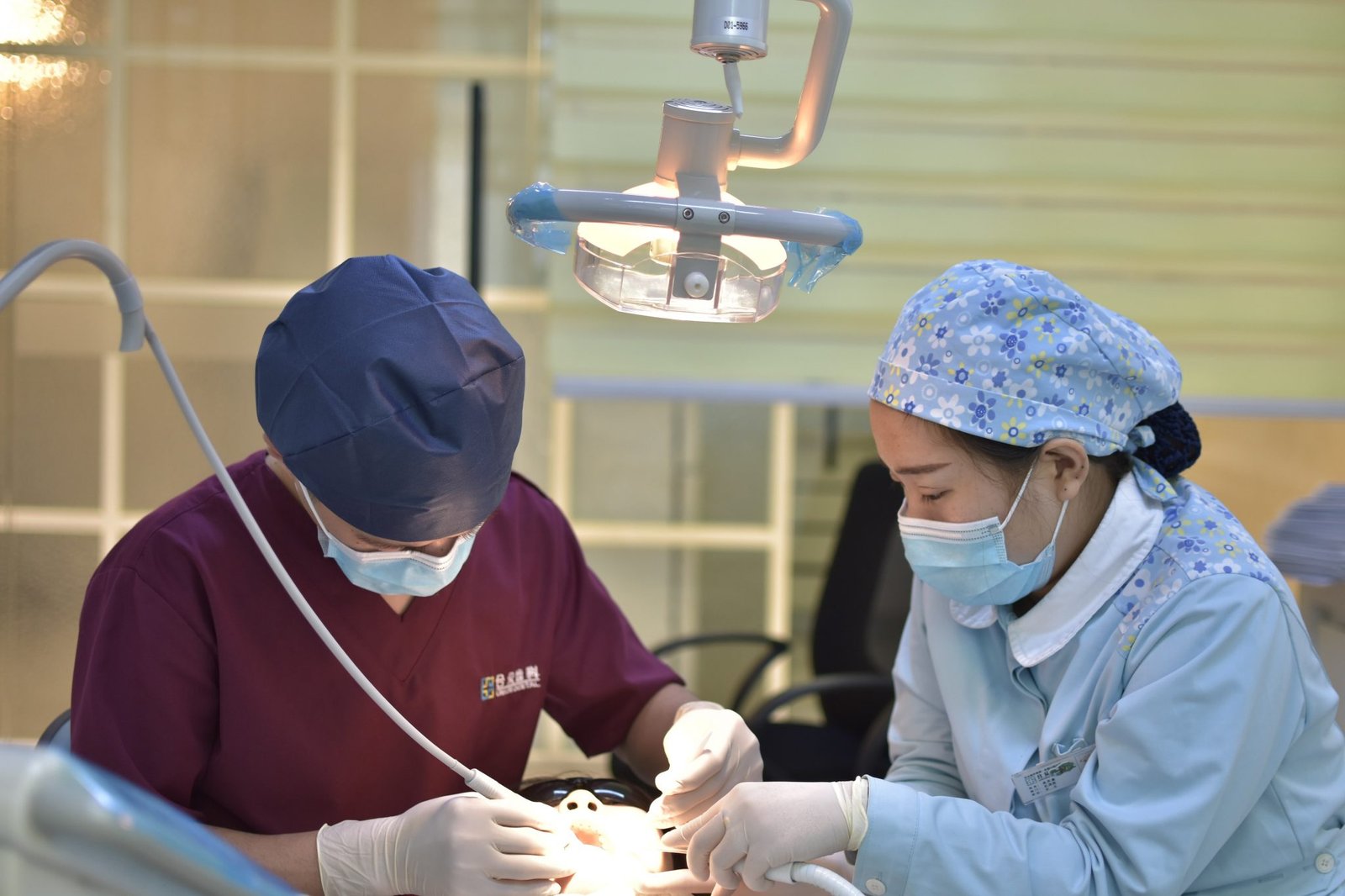
Polishing
Cleaning cannot go without thorough polishing after it. Because teeth can have plaque stains and whatnot over the surface right after a thorough cleaning, they will need to be equally polished to remove all of these stains. Your dentist will apply a polish to your teeth, which contains fluoride, which is an abrasive substance. With a specialized brush or a small rotating rubber cup, your dentists will gently polish your teeth to perfection. Some might prefer to remove the plaque stain with their own brush at home, but a hygienist will be more capable of doing this, especially with a quality polishing product.
X-rays
If your teeth are in tip-top shape, there will be no need to do X-rays. However, because your dentist will make a thorough oral exam and check up on your dental history, they might recommend that you get X-rays, especially if you’re at risk for developing cavities. Tooth decay can sometimes make its way inside your teeth without you knowing. So if your dentists suspect that this is the case, X-rays will give them a clear picture of what’s going on inside your teeth to proceed with proper treatment and medication to avoid the risk of losing your entire tooth.
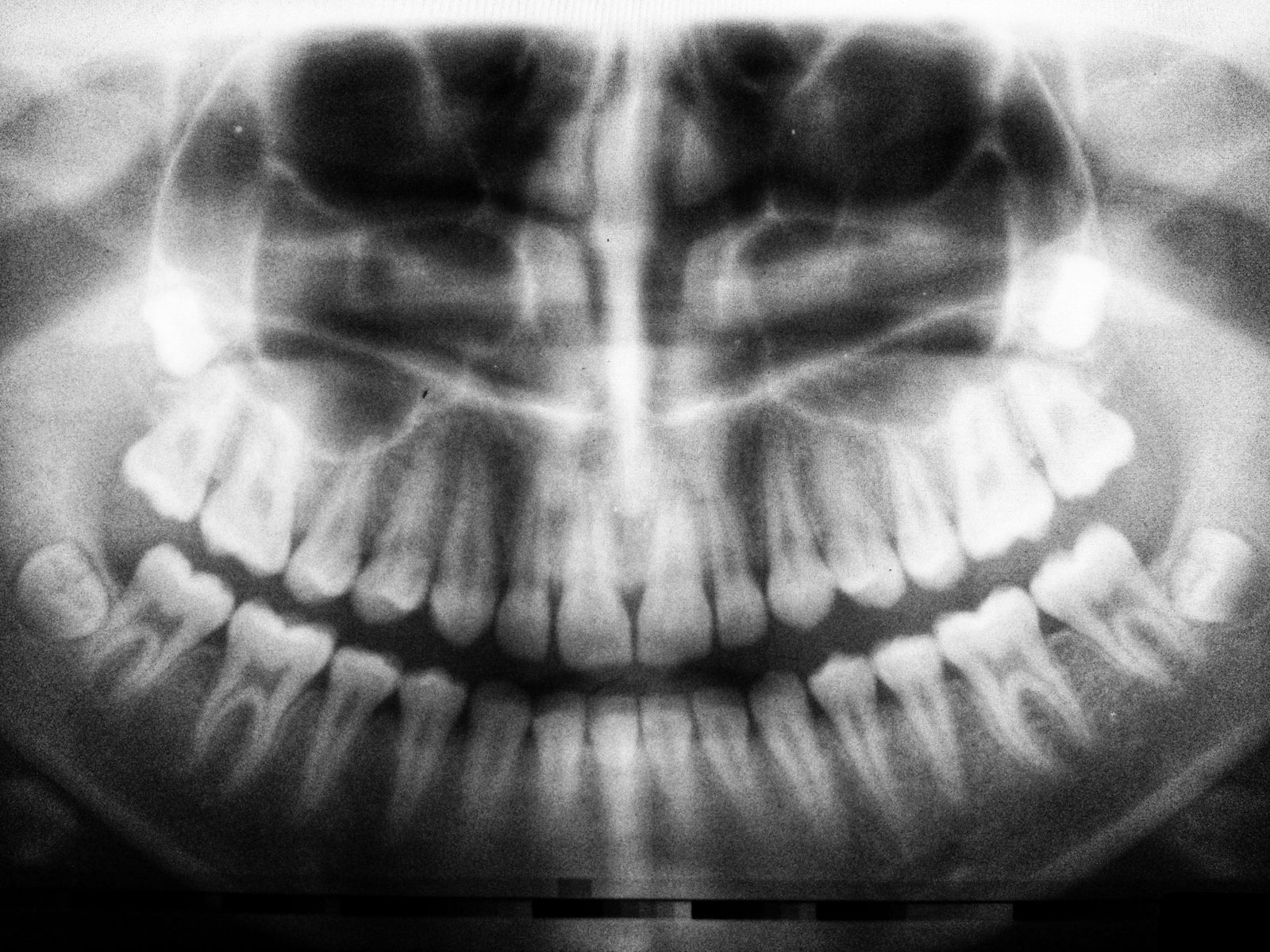
Screening
Another important thing that your dentist will check for is oral cancer and other dangerous oral diseases. That’s why you might find your dentist doing a screening of your teeth to inspect the soft tissue there. The mouth tissues usually have distinctive patterns, so when a doctor uses a blue-spectrum light, they’ll be able to see any discrepancies in these patterns, as these abnormalities usually indicate an oral disease. Since these disruptions aren’t visible for normal sight, screenings are crucial for that step.
Dental examinations are imperative for your oral health. To keep your teeth, gums, and soft tissue healthy, you’ll need to do periodic dental exams. Make sure to provide all the necessary information related to your oral health to get an accurate diagnosis, and don’t hesitate to call your dentist whenever you suspect that you’re facing oral health issues.

